Your social media profile now travels with you. Keep it public, or your visa may not be approved.
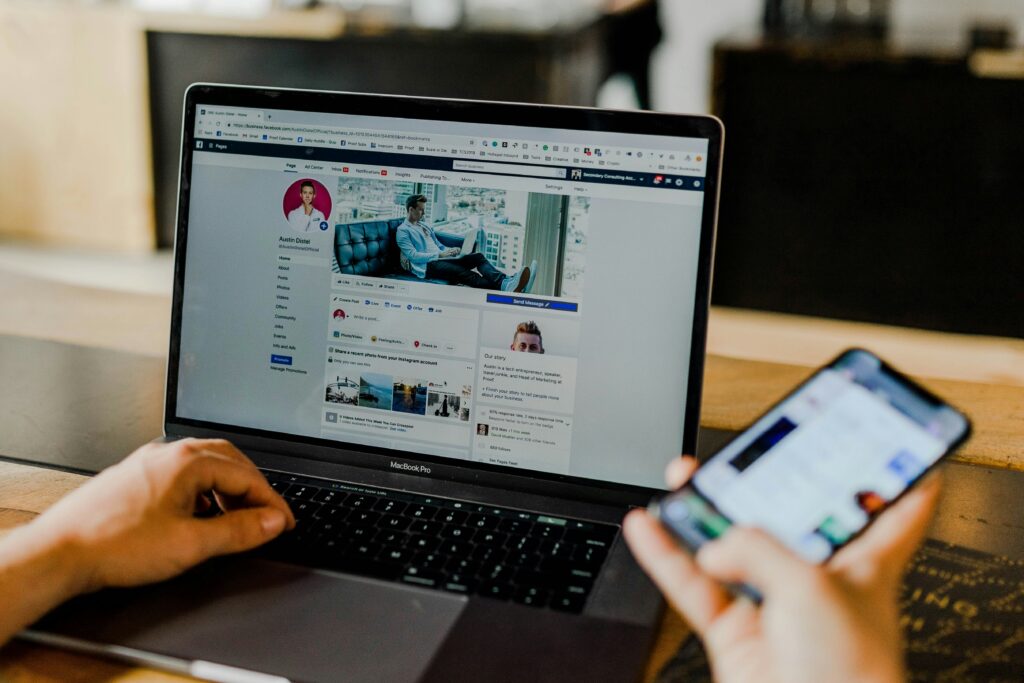
The development is built upon the State Department’s 2019 policy of collecting social media identifiers from visa applicants. However, the new directive significantly expands scrutiny by requiring full public access to these accounts throughout the application period. The policy reflects a growing global concern about online activity and its potential security implications, particularly following several high-profile cases in which social media revealed discrepancies in visa applications. Philippine applicants now join citizens from numerous countries, subject to these enhanced digital screening measures, to maintain or proceed with their application.
Post Smart Before You Depart
The requirement applies to major platforms including Facebook, Instagram, and Twitter (X), though professional networks like LinkedIn may be exempt. Applicants must maintain public settings from submission through visa approval, as private accounts may trigger additional inspections or processing delays. Embassy officials emphasize they’re not requiring password access, but will review publicly available information to verify application details, travel history, employment claims, and potential security concerns.
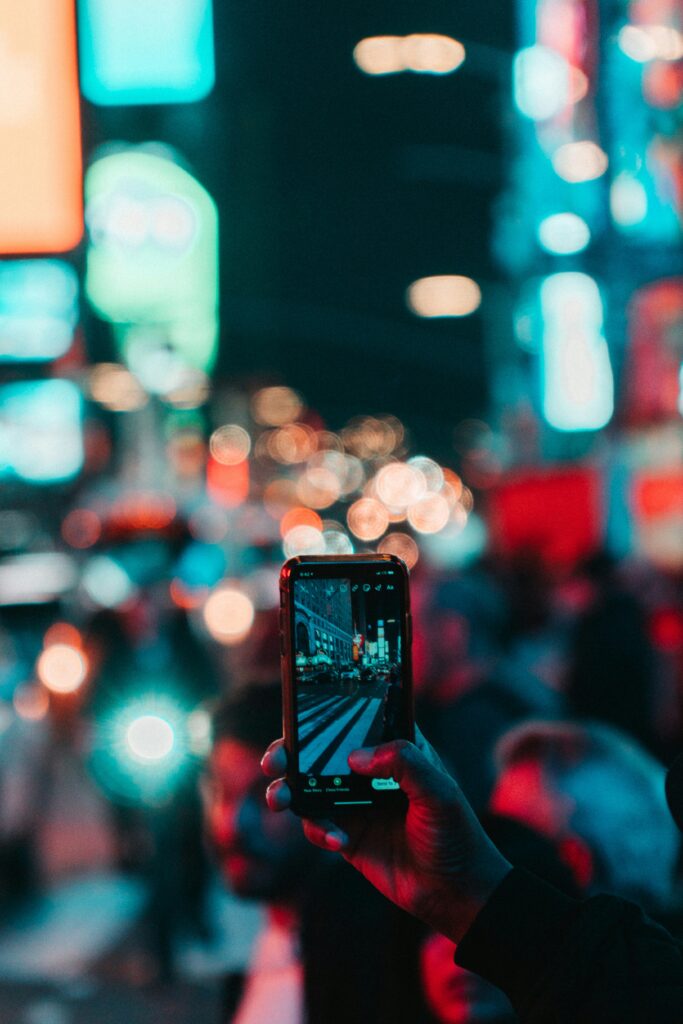
Digital Truth Test
The enhanced digital assessment serves multiple critical purposes, helping to identify potential security risks, verify applicant credibility, and detect possible immigration fraud. The transparency also creates a more standardized evaluation process, reducing any subjective decision-making. For legitimate applicants, public profiles can strengthen their cases by providing any supporting evidence of stable employment, family ties, or an educational background that aligns with the stated visa purposes. Ensure that everything is in order and prepare to obtain a visa without any delays.
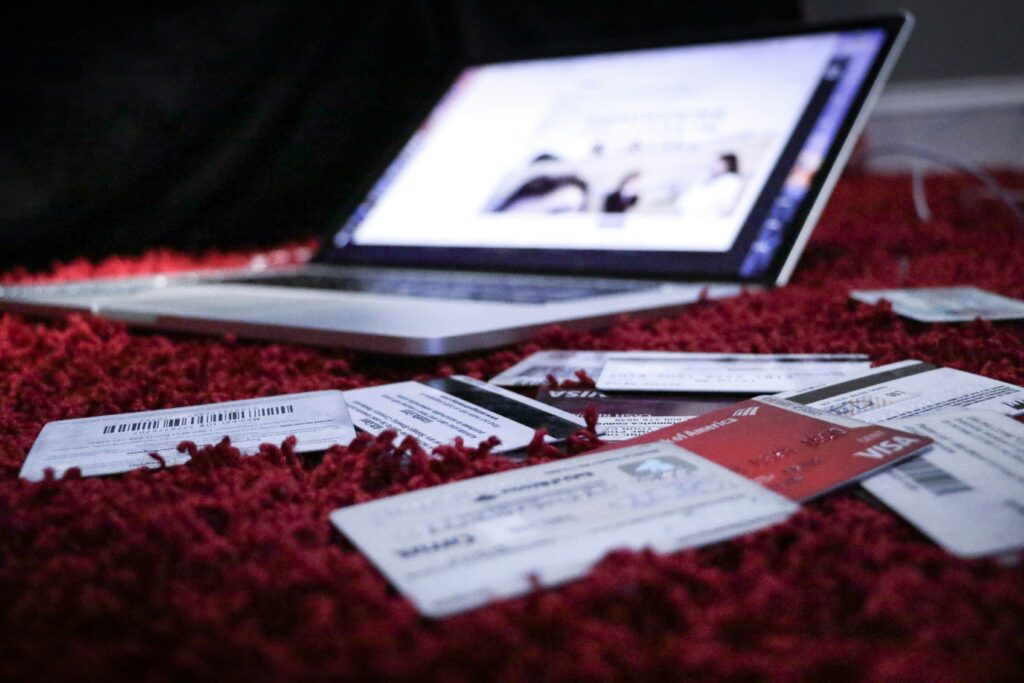
Is It Visa-ble?
Filipino visa applicants should carefully review and assess their entire digital footprint before submitting their application. Although the embassy does not require applicants to delete old posts, they should ensure that no content in their application contradicts or raises security concerns that may alarm or delay the processing of their visa. The embassy recommends temporarily adjusting their privacy settings rather than creating new accounts, as sudden profile changes could appear suspicious. For those person who are uncomfortable with permanent public exposure, they can restore privacy settings after their visa is approved.
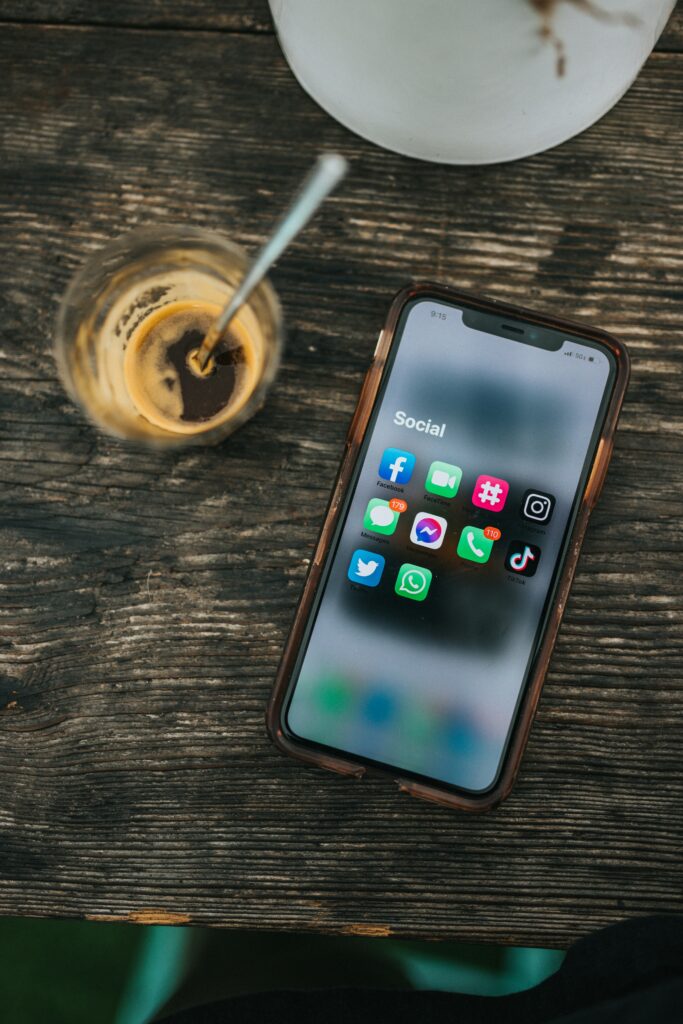
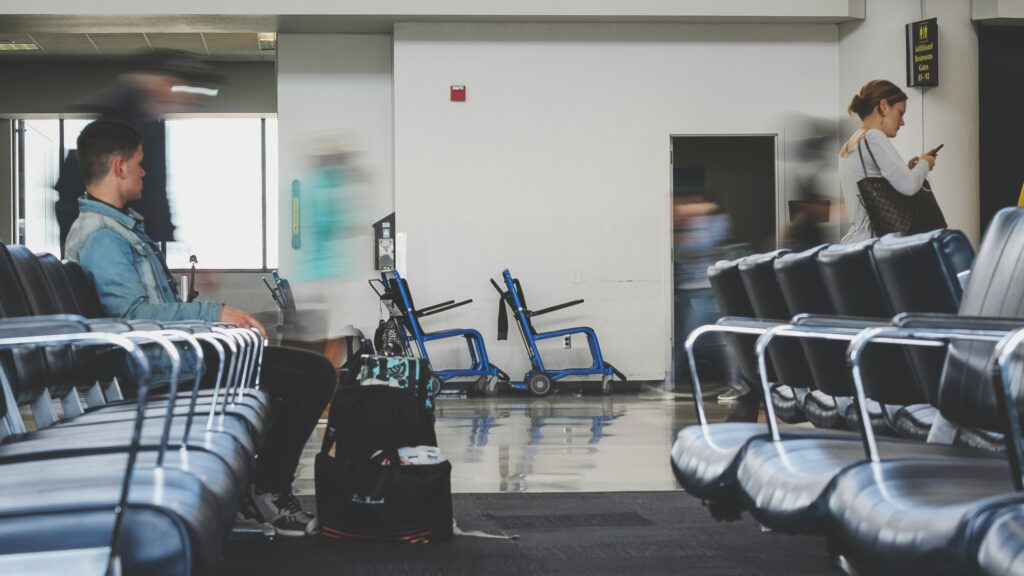
As digital lives become increasingly intertwined with official processes, this policy marks a new normal in global immigration procedures. While raising privacy concerns, it ultimately aims to create a more secure, transparent visa system. Applicants should view this as an opportunity to present a coherent digital identity that supports their case, while understanding that these measures reflect broader trends in international security and immigration policy. For updated guidance, applicants should regularly check the official US Embassy Manila website before submission.


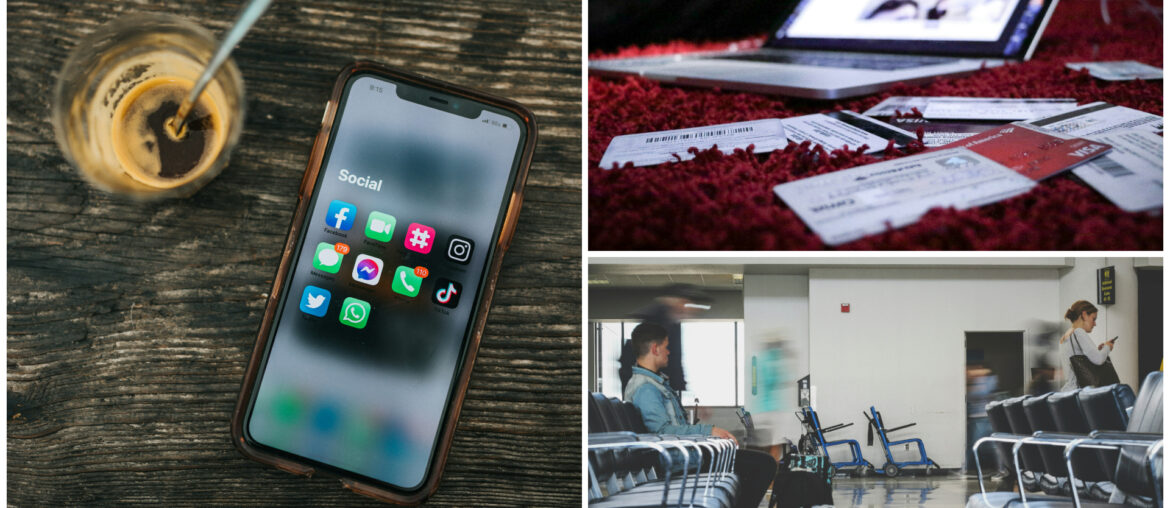
Comments are closed.